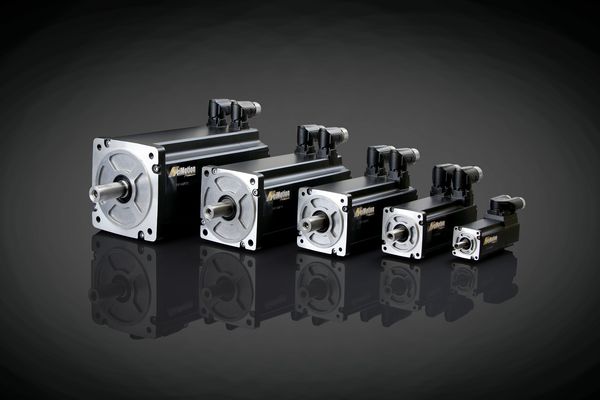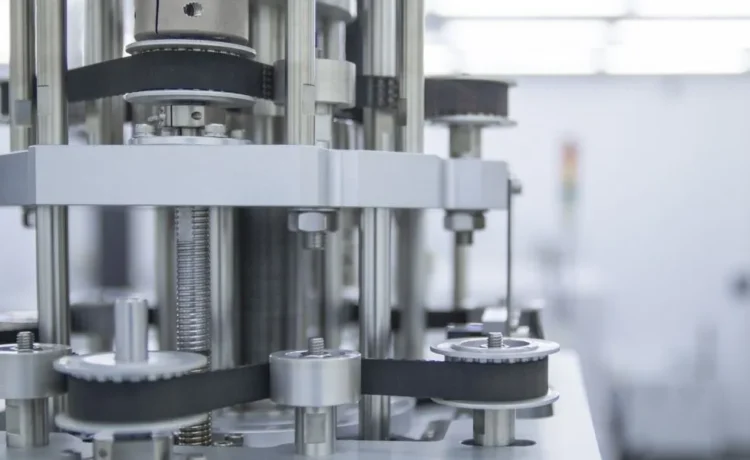Servo motors have evolved into essential components for many industries, offering precise control over movement and speed. While they are commonly used in traditional applications like factory automation and consumer electronics, niche markets such as robotics, aerospace, and more are increasingly recognizing their potential. Knowing these niche markets enables companies and manufacturers to find new opportunities as the need for specialty motors keeps rising.
Robotics: The Heart of Automation
Robotics is one of the most dynamic fields where servo motors play a pivotal role. These motors are integral to the movement of robotic arms, precision drills, and mobile robots. They are preferred due to their high torque-to-size ratio, accuracy, and responsiveness, essential traits in automation systems. Whether it’s for assembly lines, medical robotics, or educational tools, servo motors ensure smooth, controlled motion, making them indispensable in robotics.
In particular, custom servo motors are gaining traction. Manufacturers are increasingly customizing servo motors to meet specific requirements, such as size, power, and efficiency, to accommodate different types of robots. For instance, delicate robots used in surgeries require motors that offer both high precision and minimal vibration, while industrial robots may prioritize torque and speed.
Aerospace: Precision at New Heights

In the aerospace industry, the need for high-performance, reliable components is even more critical. Servo motors play a crucial role in applications ranging from actuators for flight control surfaces to the robotic arms used in satellite repairs. These motors must function in extreme conditions, such as high altitudes, vibrations, and fluctuating temperatures, making reliability and precision essential.
For aerospace manufacturers, the challenge is to design servo motors that not only meet stringent specifications but also adhere to rigorous safety standards. Many companies are turning to advanced servo systems with integrated feedback mechanisms that ensure precise positioning even in challenging environments. Companies like Gian transmission offer solutions tailored to aerospace applications, providing motors that integrate seamlessly with complex systems to deliver the utmost precision and durability.
Medical Devices: A Growing Market
The medical industry is another niche market where servo motors are making waves. From precision diagnostic tools to surgical robots, servo motors are integral to achieving the accuracy needed for successful treatments. In medical devices, servo motors ensure that equipment operates smoothly and predictably, whether in imaging systems or assistive devices for the disabled.
For example, in the realm of surgical robots, servo motors are used to control tools with a high degree of precision. The motors help the robotic arms mimic human hand movements, providing more precise cuts and movements than traditional manual procedures. This capability is critical for performing minimally invasive surgeries, where small, accurate movements are paramount.
Renewable Energy: Efficient and Reliable
As the world shifts toward renewable energy sources, servo motors are playing a critical role in the development of wind turbines, solar tracking systems, and more. These applications require motors that can withstand harsh environmental conditions while providing efficient performance. Servo motors offer high efficiency and low power consumption, making them ideal for renewable energy applications that require long-lasting, sustainable solutions.
Wind turbines, for example, use servo motors to control the yaw system that ensures the turbine is facing the wind, optimizing energy production. Similarly, solar panel tracking systems rely on servo motors to adjust the panels’ position, maximizing exposure to the sun throughout the day.
Automotive: Electric and Autonomous Vehicles
Servo motors are becoming increasingly important in the development of these technologies. In electric cars, they are used in various systems, such as electronic power steering, braking systems, and even seat adjustments.
In autonomous vehicles, servo motors help in systems that require precise movement and feedback, such as steering, braking, and sensors. As the industry pushes the limits of vehicle automation, there will likely be a greater need for servo motors in this sector.
The Future of Servo Motors in Niche Markets
It is anticipated that the need for specialized servo motors will rise as industries continue to develop. Whether it’s in robotics, aerospace, medical devices, renewable energy, or automotive, servo motors are integral to the development of high-precision systems. Manufacturers that can provide tailored solutions, such as custom servo motors, will have a competitive edge in these rapidly growing sectors.
By continuing to innovate and adapt to the unique demands of each niche market, the future of servo motors looks brighter than ever. As industries demand more specialized, efficient, and reliable solutions, servo motors will remain at the heart of many technological breakthroughs.







